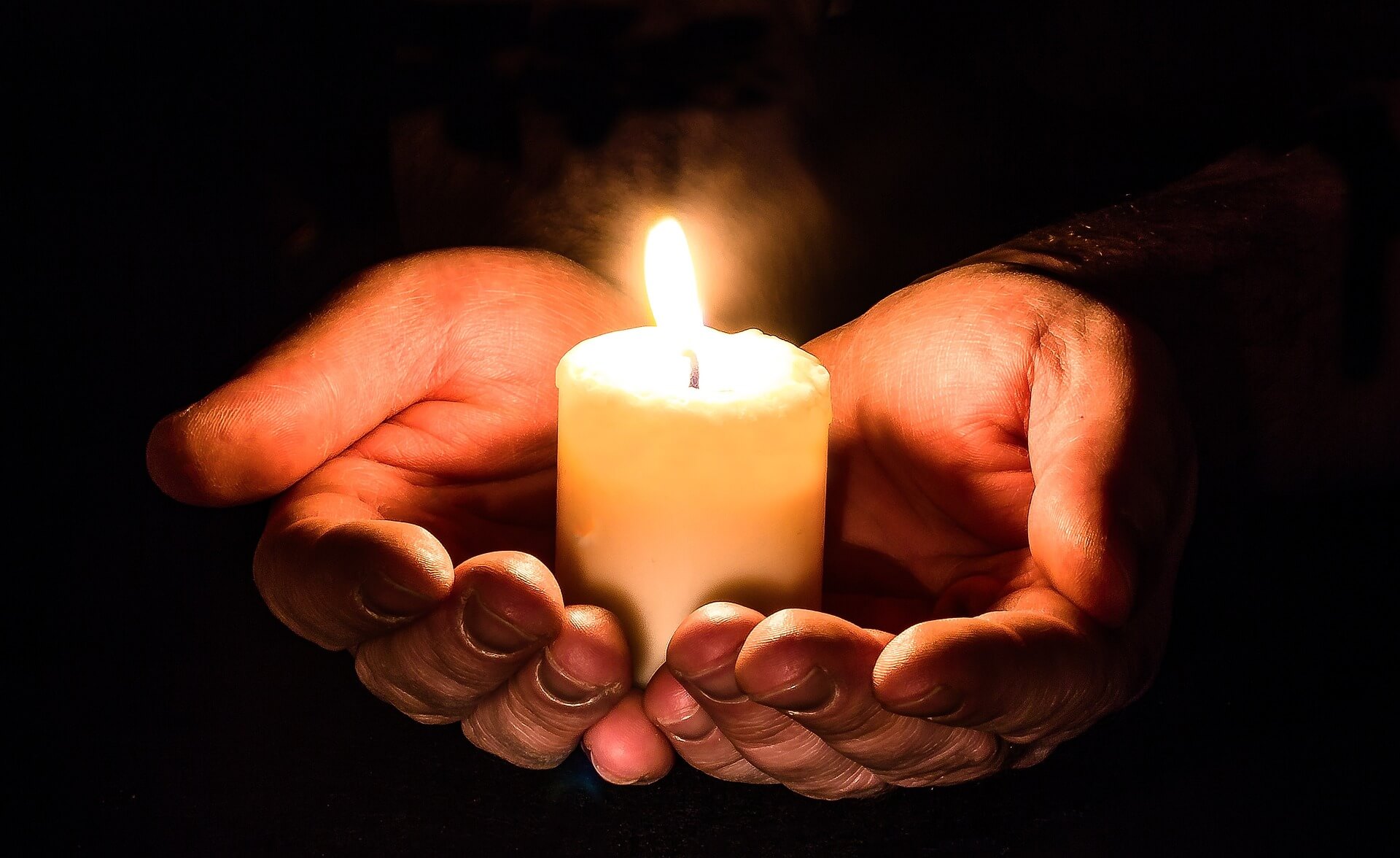I do not want to write about grief–and it feels shameful to admit that grief is part of my life.
Grief itself is not shameful.. but I do feel ashamed that I have been grieving for over 20 years.
“There must be something wrong with me if I can’t move past grief.”
Grief does not end.
Grief continues to destroy my life until I own it and look at it in its ugly little pinched face.
20 years ago I lost 3 family members within 2 years. I was not the only one who lost loved ones and I am not the only person who experiences ongoing grief. But I feel alone in the shame of not being more whole and mentally healthy. My life continues to be in reaction to grief, loss, and the destruction of life.
With the deaths of these loved ones, I also lost my sense of self. For about 6 years, comprising most of my teenage years and early twenties, much of my energy and efforts had been focused on caretaking. Suddenly, the sick ones were gone, and there was no reason to take care of anyone–because I never considered my own caretaking. I spent a few years in deep depression and grief and I knew I was not whole, I knew I was lost, and I knew I needed help. Later in my twenties, I moved across the country to California. It was such a textbook new start that I was positive that this was the best move and the real start to my adulthood. I knew I wasn’t depressed anymore and I stopped taking the meds that had been keeping me afloat for the last few years. Clearly, I was past the crippling grief, and ready to live this life. My move to California was over 15 years ago and I now realize that I never moved past the grief. It’s been here with me, my familiar friend all this time. Somedays I still feel like I lost them yesterday and other days I feel as though it was a lifetime ago that I was driving to the hospital over and over again. I fooled myself into believing that I had been living my life outside of the shadow of grief.
Compared to other tragedies my story pales in comparison. But the thing about your story is that it’s yours and can’t be compared to all those other stories out there. And yet I see similarities in others experiencing grief and I know that it’s not that we are all alone in our grief, we feel alone–but are not. The particulars may change and we may be separate people growing up in different cultures, but many of us find a commonality in the experience of grieving.
We all experience our lives in our own way, in our own fashion, and through our own filters. Others in my family lost the same people as I did but went through the grief differently. Uniquely. My sisters and I often find that we have different childhood memories. It’s hard to say why certain moments make more of an impression on one sibling than another. We all have our own way of looking at the world and interpreting situations. If we didn’t we would all like the same movies and music.
The Stories We Hear
One thing I like about stories, movies, TV shows, or novels is when characters admit that they are human. A character will have a moment of clarity and they realize that life could be better if they say their faults or difficulties out loud. Then there’s usually some resolve, the character feels lighter and suddenly makes better choices. Their friends or family are supportive and understanding of their new self-realization and life takes a better turn–more peaceful.
Regular–norm–life does not resolve itself in a 2-hour time block.
There’s not a single momentous illumination that resolves a lifetime of poor choices.
Hearts do not mend from a single act of kindness.
Watching Virgin River on Netflix, the main character lost her husband a year ago. Her sister gives her advice on understanding the grieving process: “You know you’re through grief when the memories bring more joy than sadness.” If that’s a rule then I don’t know if it’s possible for me to recover from grief. I understand the concept and it sounds nice–it sounds like a pamphlet. But people are dynamic and our feelings are unpredictable. Grief doesn’t work on a smooth timeline where progress is like learning how to read.
Cracking the Nut
Grieving is the hardest thing I’ve done. It’s the toughest nut that I have tried to crack.
Have you tried to crack a big tough walnut with a little metal nutcracker? It can be tough sometimes… the nutcracker hurts my hand and the walnut doesn’t budge–it seems impenetrable. That’s when I forgo the walnut and pretend that I didn’t want it to begin with.
The best characters are the ones who shake off their hand and crack that nut and get their reward–from life.
Here’s my go at picking the Nutcracker up and giving it a solid go…
The shame of being human…
How can I be ashamed of being human? The more I think about what’s holding me back from putting my thoughts out into the world the more I feel that’s what it comes down to–the big shame–I am human, I do not have answers, I do not have a neatly wrapped life, I am not living the life I want.
It’s taken me years to get here–all of my adult years to get to a place of more questions, more feelings of loss and pain. The world shows me that grief is powerful, that grief can be a struggle, and that grieving is very much a part of living. Songs tell us about grief, poems, novels, movies, there are television shows that are centered around grief. The world is shouting at me grief is real, it’s okay to feel it, and it’s normal to be stumped by it. And yet I want to deny that this piece of living affects me inside and out, on my body, in my mind, and with my spirit.
I feel that I have failed if I admit that I have not moved past this grief. What do I have to say if I haven’t figured it out? Well, it’s all part of the process. In order to heal we have to admit where we are. Having a map on a road trip doesn’t help unless you can figure out where you are on the map. As long as our smartphones are connected we generally don’t have that difficulty anymore. Have you been in a situation where your phone needs an update or the wifi can’t find a signal and the directions on your phone are silent or make no sense? Were you low on gas at the same time? It’s very obvious sometimes when we are lost, but I find the subtleties of living in grief are not obvious.
Cliché terminologies
Recover
Get over it
Get through it
Move past it
Do the cliches help–ever? You know, I think they can. Sometimes we need a familiar nudge to get us moving. And sometimes we just need to get into a better head space so we can face the task at hand.
That’s just for temporary fixes–I don’t think the cliche terms can help in the long run.
What helps us to actually move through grief is facing it–feeling it–and not running from it.
Sharing Experience
It may sound simple or even obvious–sharing your memories, thoughts, and feelings really is the way to learn to live with who you are and what you have faced in your life. Strange though it sounds–I am grateful for my Al-anon experience. A few years ago I found myself in a relationship with an active alcoholic. It took me a while to admit that I needed help and that I didn’t know what to do. Once I could admit that I needed help I knew where to go: Al-anon is an international organization for loved ones of alcoholics.
I looked up a local group and showed up. It wasn’t easy to be there, it wasn’t easy to hear some of the stories, and it wasn’t easy to share my own. Facing these challenges gave me strength, and hearing the stories from the other members gave me perspective.
Al-anon has no leader or facilitator. The members run the group and it’s free to go. The way the program works is through Experience-Strength-and-Hope
This is where I learned:
The power of sharing your experience.
The power of hearing another’s experience.
The freedom in knowing you are not alone. 





